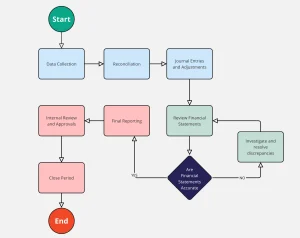
Tax efficiency is an important aspect of any financial plan. The goal is to reduce the amount of money you pay in taxes while making sure that the elements of your plan work together in the most effective way. This means reducing your tax liability while maximizing your contributions to retirement plans. There are many different factors that go into tax planning, including timing of purchases and income, type of retirement plans, filing status, and common deductions. Using the following guidelines, you can make your financial plan more effective and reduce your tax liability.
Tax efficiency involves structuring investments to minimize the amount of taxation that the investors pay. There are several different ways to approach tax efficiency, including income-producing accounts and tax-efficient mutual funds. Tax-efficient mutual funds offer lower rates than most other mutual funds. You can also invest in municipal bonds that are tax-exempt. Using a financial planner can help you save money on taxes and maximize the value of your savings.
Tax-efficient investments provide you with after-tax returns, which are the most important type of return on investment. In addition, they delay tax liabilities. The sooner you begin planning your financial future, the more time you have to make the most of it. A tax-efficient investment strategy is an important part of achieving your financial goals. However, you must be aware that these strategies can’t be combined. You should choose one or the other and consult with a financial adviser before making decisions.



